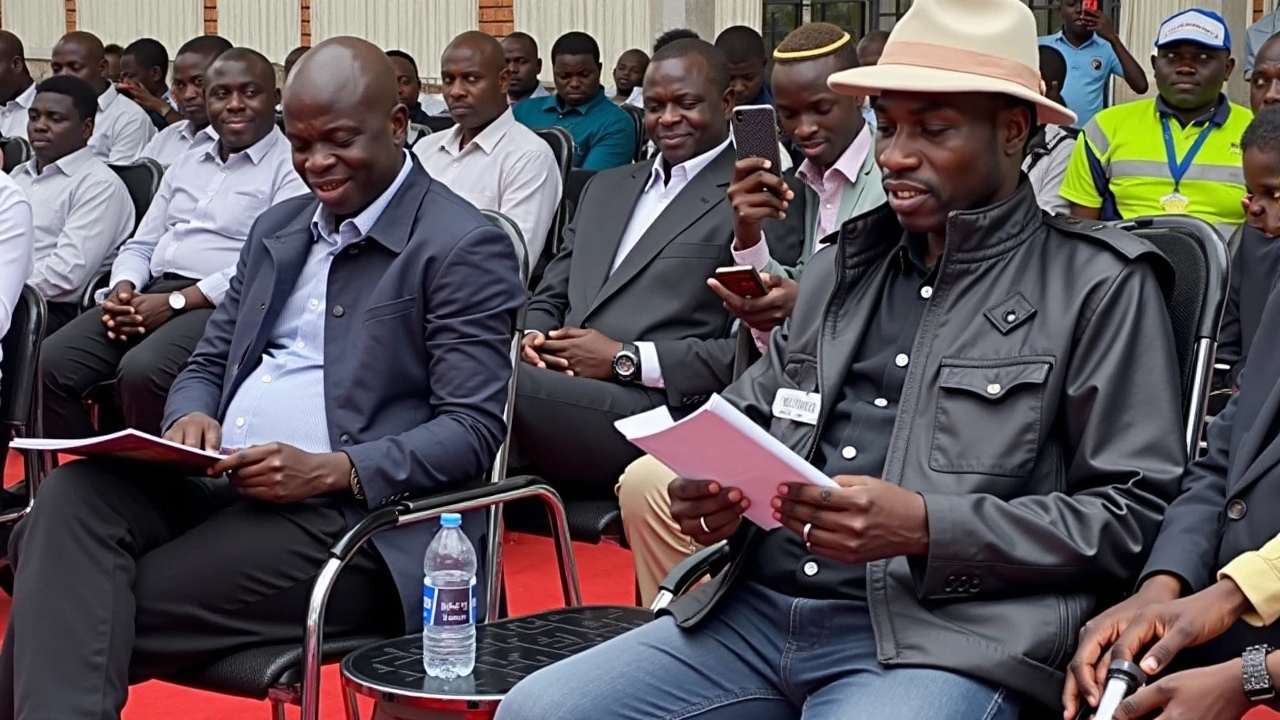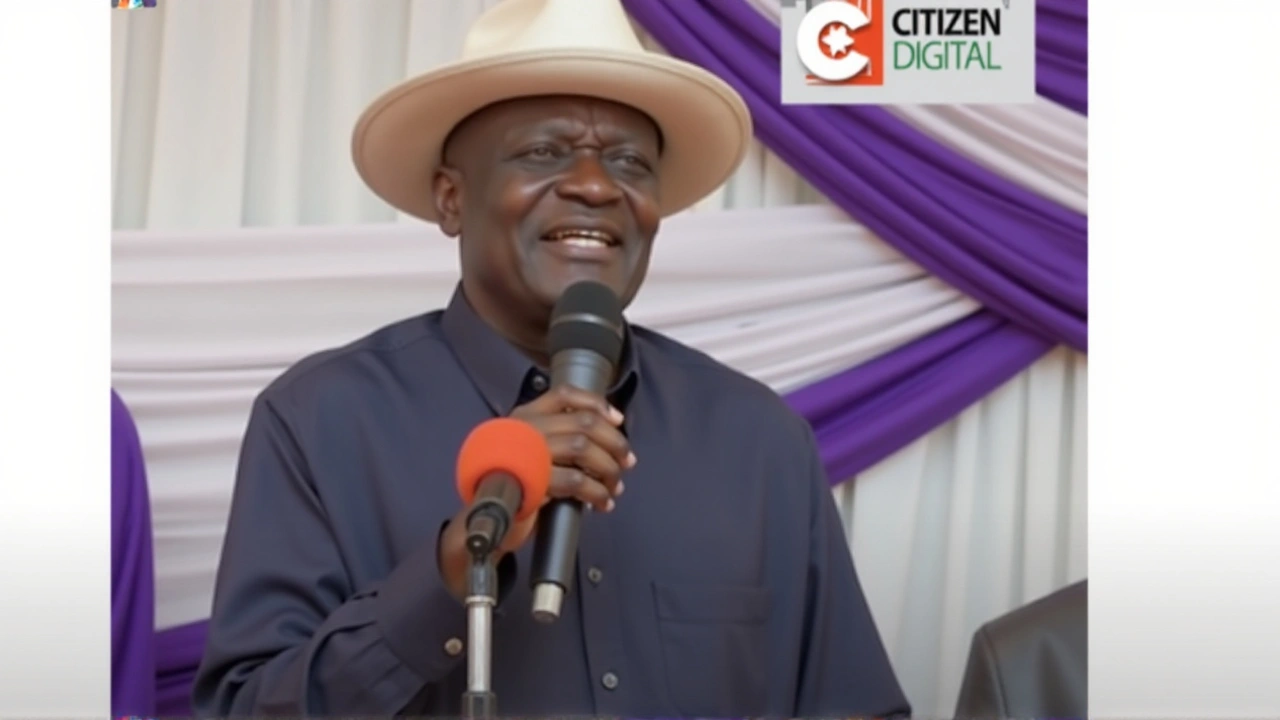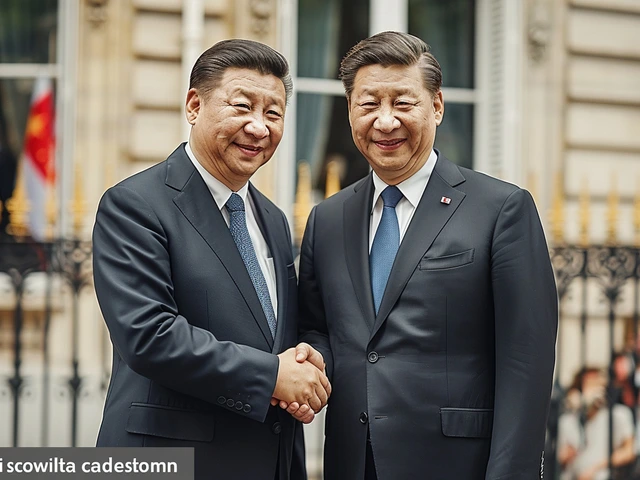Introduction
Kenya's political landscape witnessed a significant shift as Opposition leader Raila Odinga took an unusual step to clarify the origins of the broad-based government formation with President William Ruto. In a press briefing held on Tuesday, Odinga disclosed that former President Uhuru Kenyatta played a pivotal role in encouraging him to initiate dialogue with Ruto, aiming to quell the violence threatening the nation.
Background of the Tensions
The recent surge in anti-government protests in Kenya resulted in alarming levels of violence, shaking the very foundation of the country. Amidst this chaos, Raila Odinga found himself under intense scrutiny and criticism for his engagement with President Ruto. Initially shrouded in secrecy, the motivations behind these dialogues were soon revealed, providing the public with crucial insights into the higher objectives that surpassed mere political gains.
Uhuru Kenyatta’s Crucial Role
According to Odinga, it was none other than former President Uhuru Kenyatta who urged him to reach out to President Ruto. During a period marked by violence and unrest, Kenyatta recognized the need for an intervention that would bring stability. He reportedly contacted Odinga, imploring him to use his influence to initiate peace talks with Ruto. Odinga shared that the conversation with Kenyatta centered around the urgency of averting further bloodshed and finding a solution to unify the nation.
The Objective Behind the Dialogue
Addressing the allegations of a covert 'handshake' with Ruto, Odinga vehemently denied any secret agreements or underhanded deals. He emphasized that the primary goal of the dialogue was to create a platform for national unity. Amidst the backdrop of the anti-government protests, the need for a collaborative approach became paramount. Both leaders recognized that their dialogues could pave the way for a more cohesive and peaceful Kenya.
Appointment of Cabinet Secretaries
One of the outcomes of the dialogue was the appointment of four ODM (Orange Democratic Movement) members as Cabinet Secretaries. This move was viewed by many as a strategic attempt to create a more inclusive government that represented a broader spectrum of the Kenyan populace. Odinga underscored that the appointments were not a result of any backdoor agreements but rather an effort to bridge the divide and foster a government inclusive of diverse voices.
Kalonzo Musyoka’s Influence
Interestingly, Wiper leader Kalonzo Musyoka also found himself intertwined in these political maneuvers. Odinga pointed out that Musyoka played a significant role in urging him to engage in talks with Ruto. This backing from Musyoka added yet another layer of complexity to the political landscape, illustrating that the call for unity extended beyond just Odinga and Ruto. It signaled a broader consensus among opposition and government leaders on the need for a united approach to stabilize the nation.
Public Perception and Criticism
Despite the noble intentions outlined by Odinga, his decision to engage in dialogue with Ruto was met with a mix of skepticism and criticism from Kenyans. Many citizens, disillusioned by past political developments, viewed the new alignment with suspicion. They questioned whether true national unity was achievable or if it was merely a tactical maneuver for consolidating power. Odinga's press briefing was a direct response to these criticisms, aiming to provide transparency and reassure the public of the genuine intentions behind the dialogues.
Conclusion
In the tumultuous realm of Kenyan politics, the pathway to peace and unity is often fraught with challenges. Raila Odinga's disclosure of Uhuru Kenyatta's pivotal role in initiating talks with President Ruto sheds light on the underlying motivations to bring stability during a volatile period. As the nation continues to navigate through its political dynamics, the willingness of leaders to foster dialogue and collaboration stands as a testament to their commitment to national well-being. The journey towards a unified Kenya may be arduous, but the steps taken by these leaders mark a significant stride towards achieving that goal.

Further Implications
Only time will reveal the full impact of this strategy. If nothing else, it raises hope for a politically stable and peaceful future for Kenya. The Kenyan populace remains hopeful yet cautious, seeking proof through sustainable, transparent actions that this newfound unity between the opposition and government will indeed herald an era of positive transformation.






Write a comment